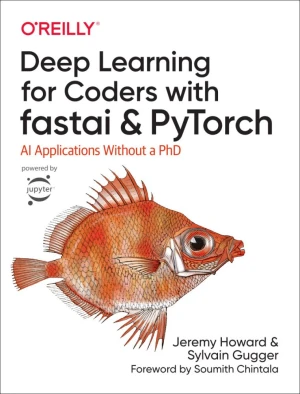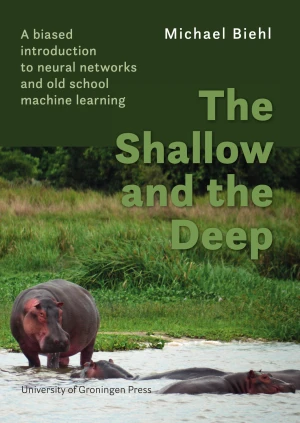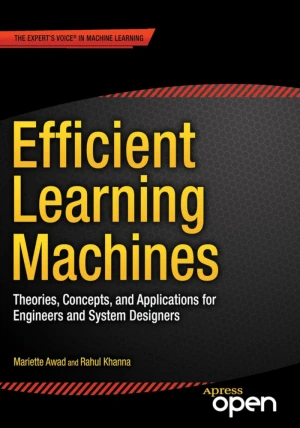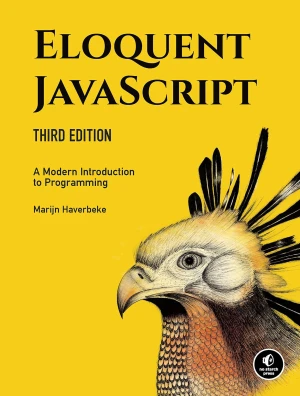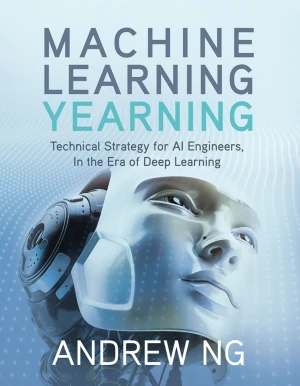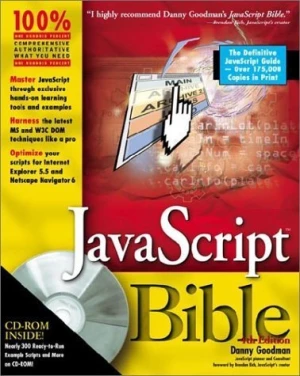Deep Learning with JavaScript
Neural networks in TensorFlow.js
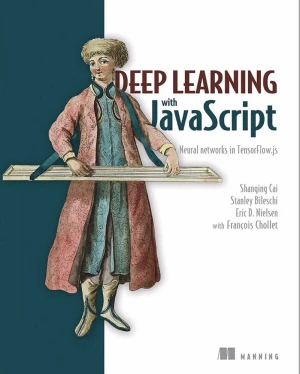
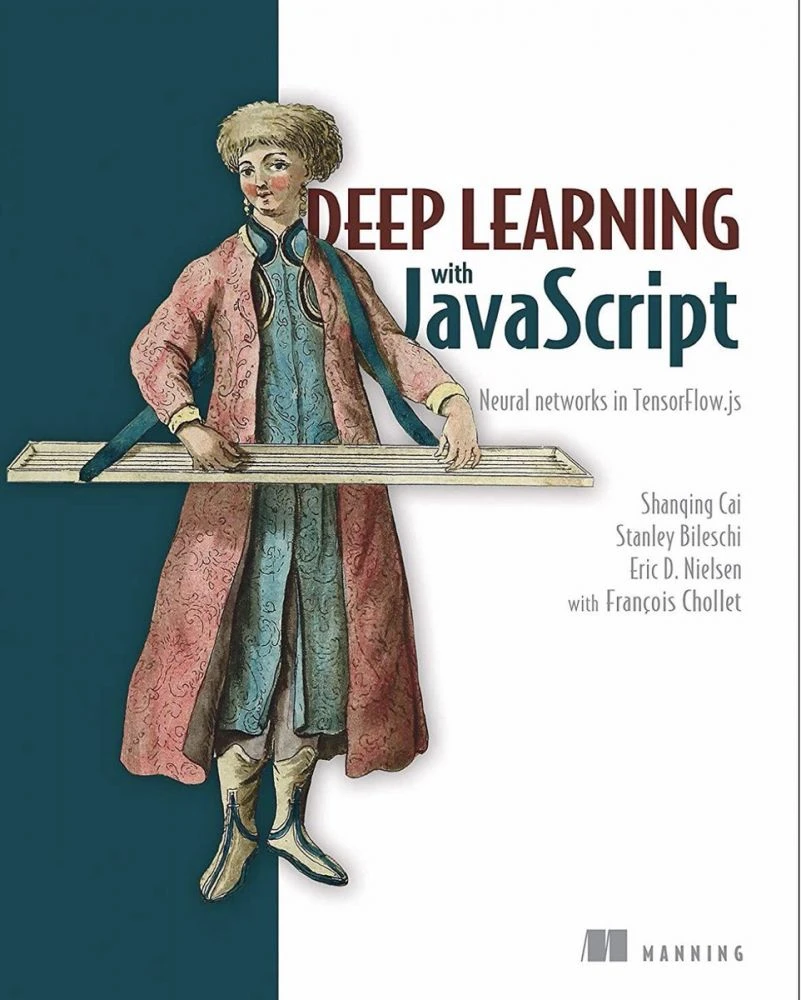
Book Details
| Authors | Shanqing Cai, Stanley Bileschi, Eric D. Nielsen, Francois Chollet |
| Publisher | Manning |
| Published | 2020 |
| Edition | 1st |
| Paperback | 560 pages |
| Language | English |
| ISBN-13 | 9781617296178 |
| ISBN-10 | 1617296171 |
| License | Open Access |
Book Description
Deep learning has transformed the fields of computer vision, image processing, and natural language applications. Thanks to TensorFlow.js, now JavaScript developers can build deep learning apps without relying on Python or R. Deep Learning with JavaScript shows developers how they can bring DL technology to the web. Written by the main authors of the TensorFlow library, this new book provides fascinating use cases and in-depth instruction for deep learning apps in JavaScript in your browser or on Node.
Running deep learning applications in the browser or on Node-based backends opens up exciting possibilities for smart web applications. With the TensorFlow.js library, you build and train deep learning models with JavaScript. Offering uncompromising production-quality scalability, modularity, and responsiveness, TensorFlow.js really shines for its portability. Its models run anywhere JavaScript runs, pushing ML farther up the application stack.
In Deep Learning with JavaScript, you'll learn to use TensorFlow.js to build deep learning models that run directly in the browser. This fast-paced book, written by Google engineers, is practical, engaging, and easy to follow. Through diverse examples featuring text analysis, speech processing, image recognition, and self-learning game AI, you'll master all the basics of deep learning and explore advanced concepts, like retraining existing models for transfer learning and image generation.
This book is published as open-access, which means it is freely available to read, download, and share without restrictions.
If you enjoyed the book and would like to support the author, you can purchase a printed copy (hardcover or paperback) from official retailers.
Download and Read Links
Share this Book
[localhost]# find . -name "*Similar_Books*"
Deep Learning for Coders with Fastai and PyTorch
Deep learning is often viewed as the exclusive domain of math PhDs and big tech companies. But as this hands-on guide demonstrates, programmers comfortable with Python can achieve impressive results in deep learning with little math background, small amounts of data, and minimal code. How? With fastai, the first library to provide a consistent inte
The Shallow and the Deep
The Shallow and the Deep is a collection of lecture notes that offers an accessible introduction to neural networks and machine learning in general. However, it was clear from the beginning that these notes would not be able to cover this rapidly changing and growing field in its entirety. The focus lies on classical machine learning techniques, wi
Efficient Learning Machines
Machine learning techniques provide cost-effective alternatives to traditional methods for extracting underlying relationships between information and data and for predicting future events by processing existing information to train models. Efficient Learning Machines explores the major topics of machine learning, including knowledge discovery, cla
Eloquent JavaScript, 3rd Edition
JavaScript lies at the heart of almost every modern web application, from social apps like Twitter to browser-based game frameworks like Phaser and Babylon. Though simple for beginners to pick up and play with, JavaScript is a flexible, complex language that you can use to build full-scale applications. This much anticipated and thoroughly revised
Machine Learning Yearning
AI is transforming numerous industries. Machine Learning Yearning, a free ebook from Andrew Ng, teaches you how to structure Machine Learning projects. This book is focused not on teaching you ML algorithms, but on how to make ML algorithms work. After reading Machine Learning Yearning, you will be able to: - Prioritize the most promising direction
JavaScript Bible, 4th Edition
Greatly enhanced and updated from the third edition, this is the title any JavaScripter cannot afford to be without! JavaScript Bible, 4th Edition covers the new powerful functionality JavaScript will gain with the release of new revs of Internet Explorer and Netscape Communicator. This book features essential new JS information, additional ready-t

